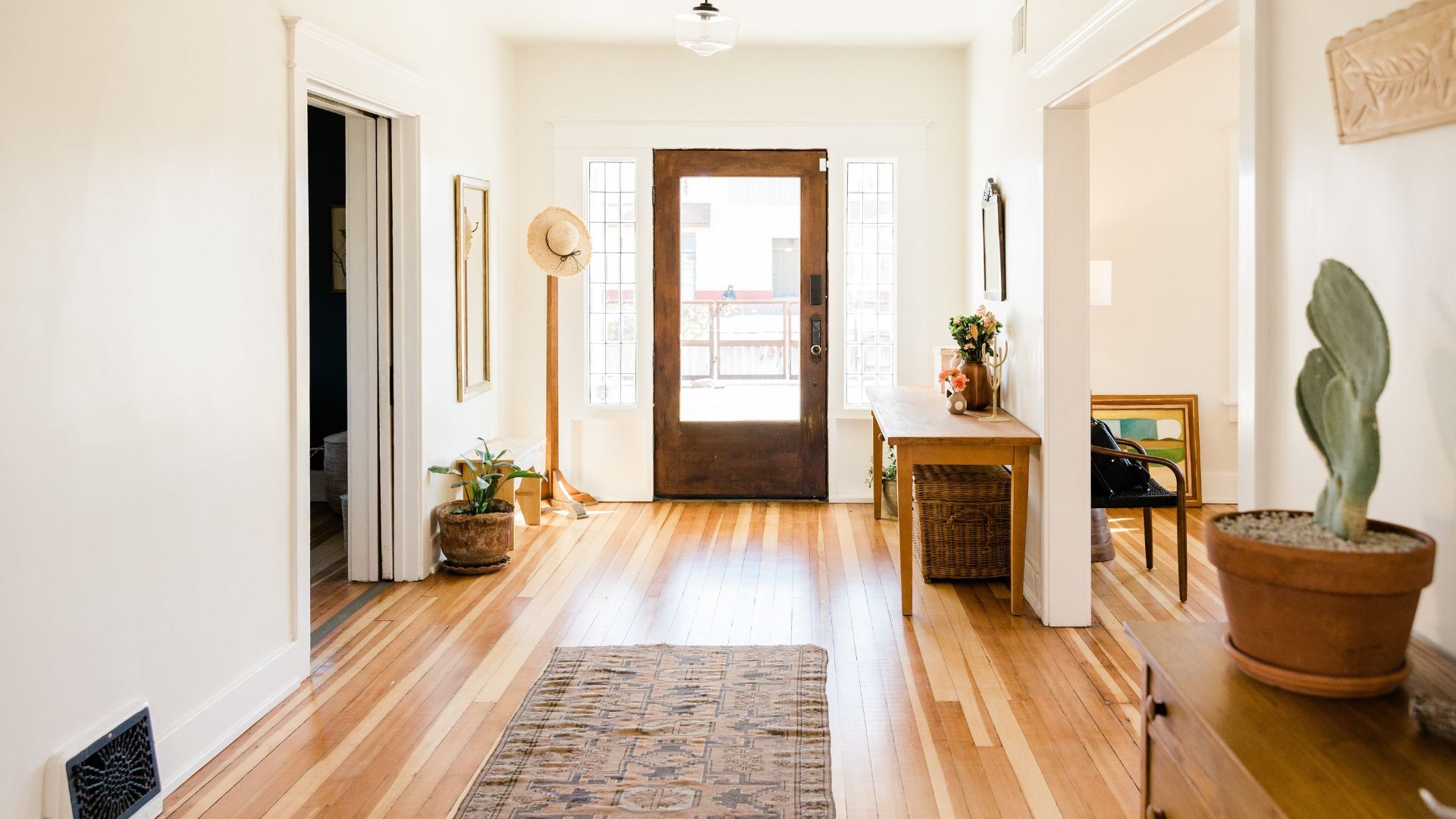Benefits of Homeownership Reaffirmed in New Study
Despite deteriorating housing affordability across the country, buying a home is still the more affordable option when compared to renting.
A new report from Mortgage Professionals Canada has determined that, despite the rapid rise in home prices, those who are able to invest in a home would end up “significantly better off” in the long term compared to renting.
The report, authored by the mortgage broker association’s chief economist Will Dunning, found that while upfront monthly costs are in fact cheaper in most locations, the “net” cost of ownership is less than the equivalent cost of renting in a majority of cases, and becomes even more cost effective over time.
“The costs of owning and renting continue to rise across Canada,” Dunning noted. “However, rents continue to rise over time whereas the largest cost of homeownership–the mortgage payment–typically maintains a fixed amount over a set period of time – usually for the first five years. The result is that the cost of renting will increase more rapidly than the cost of homeownership.”
Additionally, the costs of ownership include considerable amounts of repayment of the mortgage principal. “When this saving is considered, the ‘net’ or ‘effective’ cost of homeownership is correspondingly reduced,” Dunning added.
On average, the monthly cost of owning exceeds the cost of renting by $541 per month. But when principal repayment is considered, the net cost of owning falls to $449 less than renting.
Interest Rate Scenarios
The analysis compared the cost of renting vs. owning both five and 10 years into the future, with higher interest rates factored into the equation. In all cases, owning comes out ahead:
Scenario #1 : If interest rates remain the same (using an average of 3.25%), after 10 years the average net cost of owning is $1,014 less than the monthly cost of renting.
Scenario #2 : If interest rates rise to 4.25% after five years, the average net cost of owning falls to $1,295 less than the monthly cost of renting.
Scenario #3 : If interest rates rise to 5.25% after five years, the average net cost of owning is still $726 less than the monthly cost of renting.
“By the time the mortgage is fully repaid in 25 years (or less) the cost of owning will be vastly lower than the cost of renting,” the report adds, noting that the cost of owning, on average, would be $1,549 per month vs. $4,655 for an equivalent dwelling.
Canada Still a Country of Homeowners
Despite rising home prices and deteriorating affordability, Canada remains a nation of aspiring homeowners.
The study pointed to the continued strong resale activity as one indicator of this.
Resale activity in 2017 was still the third-highest year on record, at 516,500 sales, just off the peak of 541,2220 sales in 2016.
But other polls have also found a strong desire among younger generations that still dream of owning.
RBC’s Homeownership Poll found a seven-percentage-point increase in the percentage of overall Canadians who planned to buy a home within the next two years (32%), and a full 50% of millennials.
Similarly, a RE/MAX poll found more than half of “Generation Z” (those aged 18-24) also hope to own a home within the next few years.
Perhaps the biggest question is whether those aspiring homeowners will have the means to surpass the barriers to homeownership, namely larger down payments and the government’s new stress test.
“While recent changes to mortgage qualifying have made the barrier to entry higher, those who can qualify will be much better off in the long term,” Paul Taylor, President and CEO of Mortgage Professionals Canada said in a statement. “Given the economic advantages of homeownership, Mortgage Professionals Canada would recommend the government consider ways to enable more middle-class Canadians to achieve homeownership.”
Despite its affordability benefit over renting, Dunning addresses some of the impediments of homeownership, namely the longer timeframe needed to save for the down payment. Despite higher home prices and larger down payments required, first-time buyers still made an average 20% down payment.
Additional Tidbits from the Report
Some additional data included in Dunning’s report include:
- Average house price rose 6.2% per year from $154,563 in 1997 to $510,090 in 2017
- Average weekly wage growth was up just 2.6% per year from 1997 to 2017
- The average minimum interest rate for the stress test during the study period: 5.26%
- The average annual rates of increase for the following housing costs:
- Property taxes: 2.8%
- Repairs: 1.9%
- Home insurance: 5.4%
- Utilities: 1.6%
- Rents: 2.4%
This article was written by Steve Huebl originally published on the Canadian Mortgage Trends on Sept 17th 2018.
Share
RECENT POSTS






